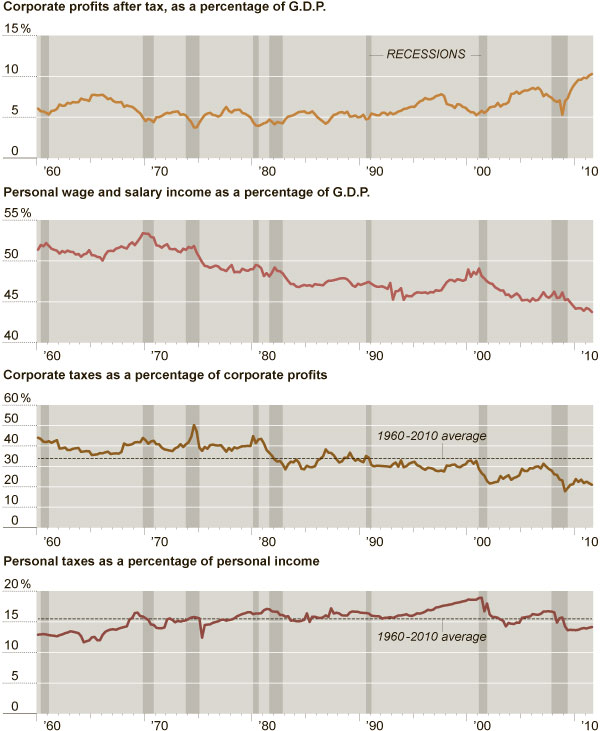"
Homebuilders Don't Have Enough Workers to Meet New Demand
After losing 70 percent of their business in the housing crash, the nation's home builders are breaking ground again. New orders for homes are rebounding strongly, and housing starts have shown sustained growth over the past year. The demand is there; unfortunately, in some areas, the workers to build these homes are not. "This industry has had a tough time in the last five years, and lot of people have left it and I guess gone into other things. We need ‘em back," says Dallas, home builder Don Dykstra, president of Bloomfield Homes.
Dykstra sees buyers taking advantage of low interest rates and low home prices. He is building about forty houses a month now, but says he would build sixty if he had enough labor and contractor support. (
Read More:
Homebuilders Most Confident in More Than 5 Years)It's the same for Stephen Brooks, CEO of Grand Homes, also in Dallas. The shortage of skilled workers is hitting his bottom line.
“The cost of housing going up very, very fast,” says Brooks. "You sell a house, and you typically could deliver it within 6 months; now the cycle time, today, with the shortage of labor it takes 9 months. Instead of being 6 months of overhead, now your overhead is 9 months overhead for the same the house, so not only has the increased cycle time effect your margin, but the increase in labor cost effects your margin.”
Labor prices in some markets have increased as high as 10 percent with the median hike at 4 percent, according to Ted Wilson of Residential Strategies. He did a survey of Dallas/Ft. Worth builders.
"We lost over half of our production builder companies, and the subcontractors were enormously gutted as well," notes Wilson. It’s not like these guys are waiting by the phone. It’s been six years. These guys have moved on and found other jobs."
Many former construction workers moved on to facilities maintenance work or remodeling, or whatever jobs they could find. Replacing them is difficult because today's market demands highly skilled workers, and there is simply no available base. In the past, builders would hire workers and train them on the job. (
Read More:
US Home Builders Begin to See Credit Thaw)
They don’t have the luxury of that now," says John Courson, CEO of the Home Builders Institute, an industry training group.
"They want workers that are available to them, that come out trained with a skill, and ready to hit the ground working. They don’t want the expense of on the job training.” Home construction technology has changed dramatically just in the past decade, as builders must adhere to green building standards. Dykstra says it is especially important that his homes be built with the latest energy-efficient features because that gives him a leg up on his biggest competition, which is cheaper, foreclosed homes. Due to that competition, he can't raise his prices much.
"Charging higher prices is a challenge because it can be difficult to get appraised values right now, so there’s a lot of pressure between being able to raise prices versus the need to increase what we are paying the labor," says Dykstra.
The shortage is across the spectrum, but especially in need are framers, concrete workers, plumbers, roofers and painters. The shortage is also felt most in areas where housing is coming back strongest, and permitting is easiest, like Texas and much of the
West. The situation is not nearly as dire in the
Northeast, where home building volume is smaller, and it can take years to get a project off zoned and ready to build.
Still, as construction across the nation pulls itself off life support, the bitter irony persists. After years of nobody knocking on the door, suddenly this industry is struggling to meet demand"
http://www.cnbc.com/id/48926517








